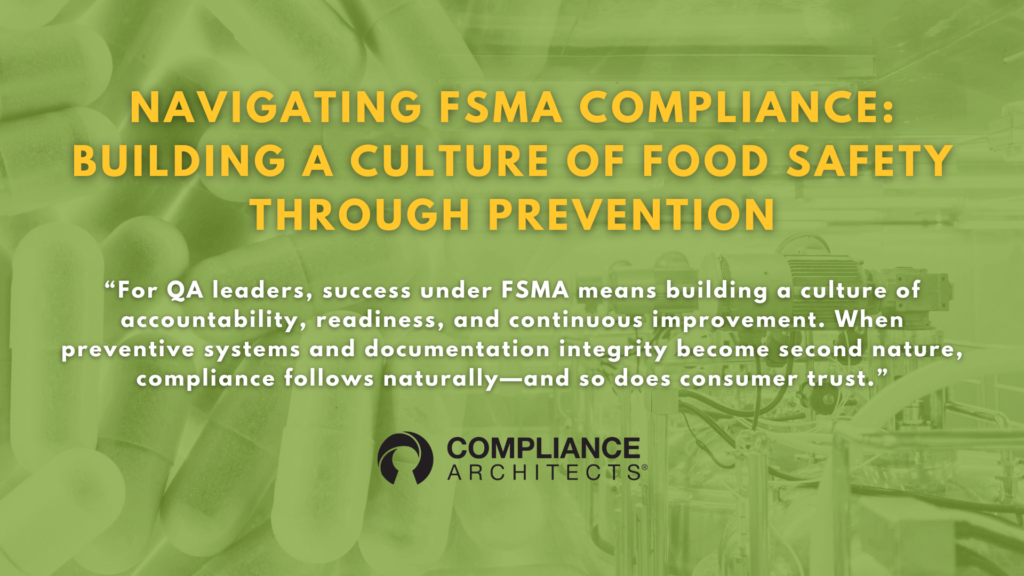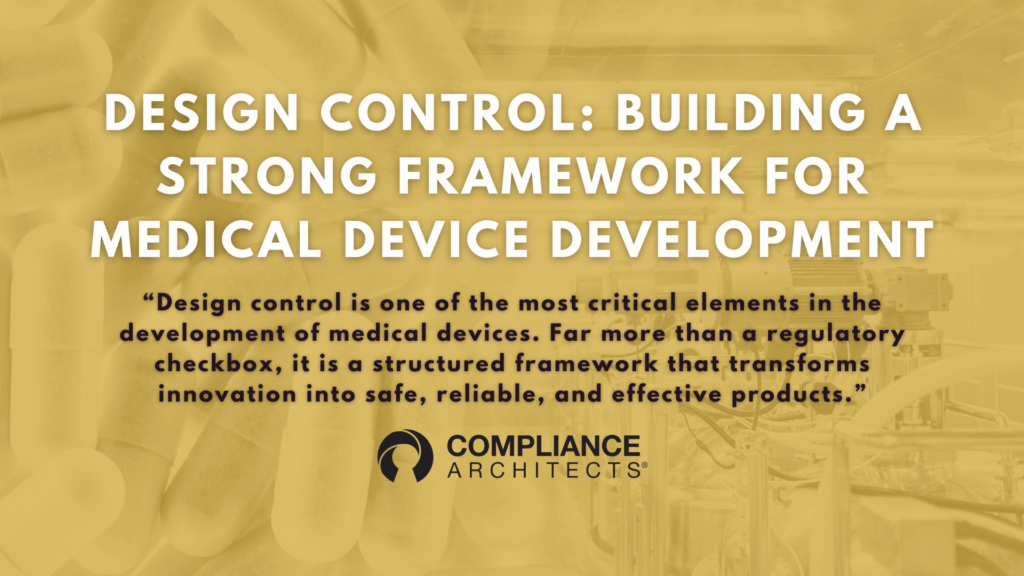Quality Assurance (QA) in Clinical Development has significantly changed over the past two decades. The US Code of Federal Regulations (CFR) initially did not explicitly mandate a system for managing quality throughout all stages of the clinical trial process.
However, developing the FDA’s Bioresearch Monitoring (BIMO) Program and subsequent international standards has transformed the landscape of Good Clinical Practice (GCP) regulations.
In this blog post, we will explore the evolution of GCP Quality and Compliance roles, the evolving requirements for Sponsors and Investigators to establish a GCP Quality Management System, and their importance in ensuring the integrity and safety of clinical trials.
Table of Contents
The Birth of GCP Quality Assurance
The FDA’s BIMO Program was established in response to Congressional Hearings in 1975 and 1976. It aimed to monitor all aspects of FDA-regulated research and led to the presentation of BIMO Inspection 483 observations and findings. These findings and Warning Letters issued to various stakeholders set important compliance precedents that defined the “current” requirements in Good Clinical Practice (cGCP).
The BIMO Program targeted three main stakeholders: Sponsors/Contract Research Organizations (CROs)/Monitors, Institutional Review Boards (IRBs), and Clinical Investigators. The FDA ensured the proper conduct and reporting of FDA-regulated research through on-site inspections and data audits. As the BIMO Program progressed, it began to influence the concept of “current” Good Clinical Practice.
Evolution of GCP: ICH E6 Revisions 1 and 2
In 1996, a collaborative effort by experts from Japan, the EU, and the US led to the approval of the ICH E6 Good Clinical Practice Revision 1—this international guideline standardized ethical and scientific quality standards for clinical trials involving human subjects.
A significant change introduced by ICH E6 Revision 1 was the requirement for a Sponsor Quality Assurance and Quality Control system, even when clinical operations were outsourced to Contract Research Organizations (CROs). This emphasized the Sponsor’s responsibility for maintaining quality throughout the trial.
Under ICH E6 Revision 1 Section 5.1, the Sponsor was mandated to implement and maintain quality assurance and quality control systems with written Standard Operating Procedures (SOPs) to ensure trials were conducted and data were generated, documented, and reported in compliance with the protocol, GCP, and applicable regulatory requirements. The Sponsor’s ultimate responsibility for the quality and integrity of the trial data was highlighted, even when key responsibilities were transferred to a CRO.
In 2016, ICH E6 was revised again with the introduction of ICH E6 Revision 2. This was a transformational moment for GCP Quality Assurance. The revision emphasized the need for a risk-based approach to managing quality throughout all stages of the clinical trial process.
It introduced additional requirements for a Quality System, Risk Management Plan, and other quality control measures. This shift required the industry to acquire new resources, capabilities, and competencies to meet the enhanced GCP requirements.
Under ICH E6 Revision 2 Section 5, the Sponsor must implement a system to manage quality throughout all stages of the trial process. This system should focus on essential trial activities that ensure human subject protection and the reliability of trial results.
The Sponsor is responsible for developing efficient clinical trial protocols, tools, and data collection and processing procedures. Additionally, the system should use a risk-based approach to identify, evaluate, control, communicate, review, and report risks. All these elements are to be documented in a formal Risk Management Plan.
The Risk Management Plan requires critical process and data identification, risk evaluation, risk control, risk communication, risk review, and risk reporting. This approach helps ensure that the methods used to assure and control the quality of the trial are proportionate to the risks inherent in the trial and the importance of the information collected.
Expanding Responsibilities of GCP QA Based Upon ICH Revisions 1 and 2
The evolving role of GCP Quality Assurance has significantly increased responsibilities. Besides reviewing essential trial documents for compliance, GCP QA is now responsible for ensuring the Informed Consent Form and Protocol reduce user error, manage risk, conduct periodic audits, and report quality and compliance metrics. This responsibility applies not only to clinical research sponsors but also to the institutions conducting clinical research.
GCP QA also plays a critical role in preparing for FDA Bioresearch Monitoring (BIMO) Sponsor Inspections, Investigational New Drug (IND) Inspections, and Institutional Review Board (IRB Inspections, ensuring the trial’s adherence to GCP throughout the study.
GCP QA is responsible for reviewing the protocol, risk management plan, oversight, monitoring plans, informed consent forms, and other essential documents referenced in ICH E6 Revision 2 Section 8.0 Essential Documents. The aim is to check for compliance with CFR and ICH E6 Revision 2 and to identify inconsistencies and problematic wording that could lead to protocol violations or deviations.
Another crucial responsibility of GCP QA is to provide recommendations on the Informed Consent Form and Protocol to reduce “user error” during the informed consent process and throughout the execution of the trial. This should be done in an institutional setting with the Human Research Protection Program (HRPP) Lead.
By focusing on prevention through a “quality engineering” approach, GCP QA aims to address the top reasons for FDA Bioresearch Monitoring Inspection 483 Observations, which often include inadequate Sponsor oversight of the trial and issues related to trial data integrity and adherence to the investigation plan and protocol.
GCP QA also collaborates with various stakeholders to ensure quality and compliance throughout the trial. They work with Clinical Operations to review monitoring reports of site visits, with Regulatory Affairs to report compliance metrics, and with Medical Safety to implement risk management plans.
Periodic internal audits of Clinical Operations, Regulatory Affairs, Clinical Development, and Medical Safety are conducted to ensure compliance with current Good Clinical Practices and Safety Reporting Requirements. In addition, GCP QA should conduct periodic audits of IRBs and investigators in institutions conducting clinical research.
GCP QA is crucial in preparing for and leading FDA Bioresearch Monitoring Sponsor Inspections. By ensuring that the CRO and Clinical Trial Investigational Sites are ready for these inspections, GCP QA contributes to maintaining the integrity and compliance of the trial.
Changes Introduced in IRH E6 Revision 3
In May 2023, the ICH released the Step 2 draft of ICH E6(R3) for public consultation, a transformative update that marks a significant milestone in the evolution of Good Clinical Practice (GCP).
On May 22, 2024, the ICH announced the final Step 5 version of ICH E6(R3), a transformational update to the Good Clinical Practice (GCP) guidelines. This revision is not just a modernization but a paradigm shift in how clinical trials are designed, conducted, and overseen in a globally harmonized regulatory environment.
While ICH E6(R2) brought much-needed enhancements in 2016, the (R3) revision aims to reimagine the future of clinical trials in a landscape increasingly shaped by digital innovation, decentralized models, and public health challenges.
Key Highlights of ICH E6(R3)
1. Quality by Design (QbD) Takes Center Stage
- Sponsors and investigators are now expected to design trials around critical-to-quality (CTQ) factors.
- The emphasis is on proactive risk assessment and data reliability, not just box-checking compliance.
2. Embracing Innovation and Technology
- The guideline enables using Digital Health Technologies (DHTs), remote data capture, and decentralized trial designs.
- Clarifies expectations around computerized systems, data governance, and metadata integrity.
3. Participant-Centric and Ethical
- Expands and clarifies informed consent requirements, including remote and multimedia formats.
- Encourages broader inclusivity while safeguarding vulnerable populations.
4. Modernized Roles & Oversight
- Greater clarity around Sponsor and Investigational New Drug (IND) responsibilities, delegation, and oversight of service providers.
- Establishes expectations for centralized and risk-based monitoring strategies.
5. New Structure with Practical Annexes
- Annex 1 now includes deep dives into IRB/IEC, Investigational New Drug (IND), Investigational New Drug (IND), and data governance responsibilities.
- New Appendices A–C standardize essential documents, protocol design, and investigator brochures.
Conclusion
GCP Quality and Compliance roles have come a long way since the inception of the FDA’s BIMO Program. Implementing ICH E6 Revisions 1, 2, and 3 has reshaped the way clinical trials are conducted, emphasizing the importance of a risk-based approach and robust Quality Systems. Companies must recognize the changing landscape and redefine their roles and responsibilities to align with the evolving GCP standards.
We see ICH E6(R3) as a call to elevate—not complicate—Clinical Quality Systems. It’s a pivotal opportunity for organizations to rethink their clinical research governance models, adopt fit-for-purpose processes, and invest in meaningful quality culture shifts.
By adhering to these guidelines, we can ensure clinical trials’ reliability, safety, and integrity to benefit human subjects and scientific progress. Due to differences in Good Clinical Practice Regulations, we can also reduce the duplication of studies needed to support global health authorities’ new product application approvals to the greatest extent possible.
Embracing the advancements in GCP Quality Assurance will improve patient safety, data integrity, and medical research.
As the industry digests and adapts to this significant change, we can help you interpret, implement, and thrive under this new framework. Contact us using he form below to learn more.





